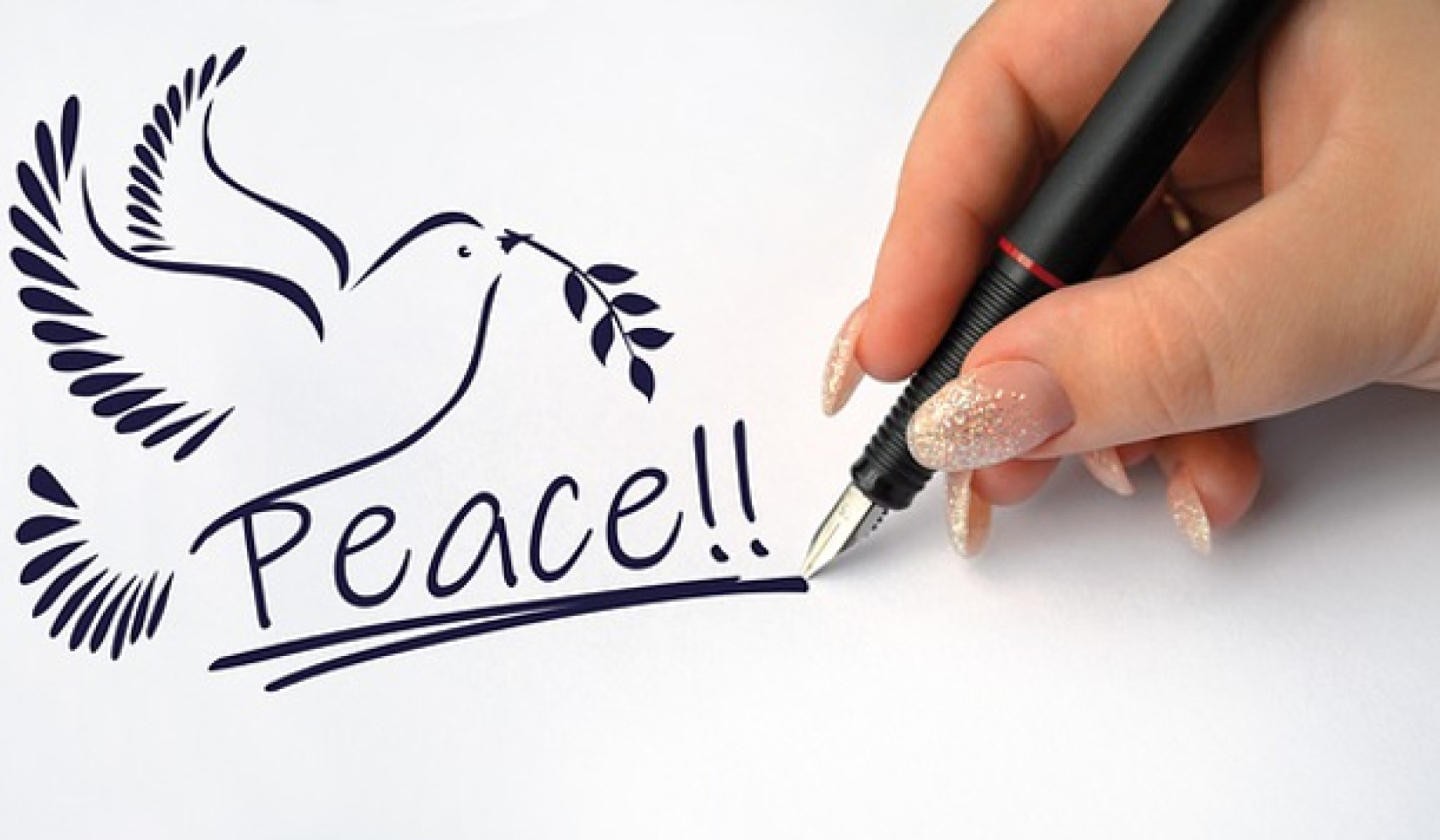
Everyone knows what it’s like to be knocked off center, to lose their inner sense of balance and groundedness, at least temporarily, when faced with life’s unwanted curve balls. Whether it’s a troubling health diagnosis, the death of a loved one, a serious car accident, a layoff, or a natural disaster, life can intensely challenge our resilience.
In Resilience: Powerful Practices for Bouncing Back from Disappointment, Difficulty, and Even Disaster (New World Library, October 2, 2018), author and psychotherapist Linda Graham, MFT, guides readers step by step through a process of cultivating more well-being in their lives by strengthening their resilience so that they can respond skillfully to any upset or catastrophe that would derail that well-being. We hope you’ll enjoy this excerpt from the book.
On Experiencing Shame and The Inner Critic
Strengthening self-acceptance and trust in yourself as resilient, turning momentary experiences into reliably steady states and then into long-term permanent traits, can be a daily practice. Learning to hum along in your range of resilience, and to recover when you’re thrown about by choppy seas or full-scale hurricanes, is literally a lifelong practice. You practice, little and often, forever. You hope to eventually preempt being thrown.
Challenges to your sense of self-acceptance and self-trust can come at any moment. You might hear negative messages about yourself from others, whether they know you well or not at all. You may carry very powerful negative messages about yourself that come from early or recent experiences. You are vulnerable to messages from your inner critic or inner judge because, as human beings, we are universally vulnerable to the powerful, conditioned messages of shame.
Experiencing Shame
Shame is one of the emotions intrinsic to being human — like anger, fear, sadness, surprise, and delight. We are hardwired to want to feel safe, to feel loved and lovable, to belong, to feel accepted and valued. These feelings are not about ego; they’re part of being a social animal.
We depend on the love and affection of others to experience love and affection for ourselves. We need to feel we belong, to feel comfortable with our place in the tribe and in the world. When we feel rejected or excluded by others — when we’re blown off by a friend, passed over for a promotion at work, criticized in front of coworkers, or ridiculed at a family gathering, we are hardwired to feel shame.
Experiencing shame occasionally is inevitable. All tribes, clans, cultures, and societies have to teach their young the norms of acceptable (and life-saving) behaviors and how to stay deserving of the group’s protection, if not love. Shame arises when we pick up signals from people around us, especially people we depend on for our survival, that we have done something they don’t approve of, or that we are something they don’t approve of.
Meeting Expectations of the Critic
It’s impossible to be perfect and meet other people’s expectations or plans for us all the time, and it’s impossible not to feel shame when we feel we have done something wrong or bad. That sense of being wrong or bad is easily internalized: we begin to hear others’ negative messages as our own; we begin to listen to and believe the voice of our own inner critic. Every human being on the planet is vulnerable to the harsh messages that can come from a well-practiced inner critic or inner judge.
The derailing of resilience that results from shame is what most of my clients come into therapy for, what my workshop participants are most curious about, and what draws the most responses to my blog posts about recovering resilience.
Shame has been called the great disconnector; the inner critic is its relentless messenger. You can begin to counteract the effects of both shame and the inner critic by practicing self-awareness, self-compassion, self-acceptance, self-appreciation, and self-love.
Copyright ©2018 by Linda Graham.
Reprinted with permission from New World Library
www.newworldlibrary.com.
Article Source
Resilience: Powerful Practices for Bouncing Back from Disappointment, Difficulty, and Even Disaster
by Linda Graham, MFT
 Resilience is the learned capacity to cope with any level of adversity, from the small annoyances of daily life to the struggles and sorrows that break our hearts. Resilience is essential for surviving and thriving in a world full of troubles and tragedies, and it is completely trainable and recoverable — when we know how. In Resilience, Linda Graham offers clear guidance to help you develop somatic, emotional, relational, and reflective intelligence — the skills you need to confidently and effectively cope with life’s inevitable challenges and crises.
Resilience is the learned capacity to cope with any level of adversity, from the small annoyances of daily life to the struggles and sorrows that break our hearts. Resilience is essential for surviving and thriving in a world full of troubles and tragedies, and it is completely trainable and recoverable — when we know how. In Resilience, Linda Graham offers clear guidance to help you develop somatic, emotional, relational, and reflective intelligence — the skills you need to confidently and effectively cope with life’s inevitable challenges and crises.
Click here for more info and/or to order this paperback book and/or download the Kindle edition.
About the Author
 Linda Graham, MFT, is the author of Resilience and also Bouncing Back, the winner of a 2013 Books for a Better Life Award. She is an experienced psychotherapist who integrates modern neuroscience, mindfulness practices, and relational psychology in her international trainings on resilience and well-being. Visit her online at www.lindagraham-mft.net.
Linda Graham, MFT, is the author of Resilience and also Bouncing Back, the winner of a 2013 Books for a Better Life Award. She is an experienced psychotherapist who integrates modern neuroscience, mindfulness practices, and relational psychology in her international trainings on resilience and well-being. Visit her online at www.lindagraham-mft.net.
Books by this Author
at

Thanks for visiting InnerSelf.com, where there are 20,000+ life-altering articles promoting "New Attitudes and New Possibilities." All articles are translated into 30+ languages. Subscribe to InnerSelf Magazine, published weekly, and Marie T Russell's Daily Inspiration. InnerSelf Magazine has been published since 1985.

Thanks for visiting InnerSelf.com, where there are 20,000+ life-altering articles promoting "New Attitudes and New Possibilities." All articles are translated into 30+ languages. Subscribe to InnerSelf Magazine, published weekly, and Marie T Russell's Daily Inspiration. InnerSelf Magazine has been published since 1985.






















